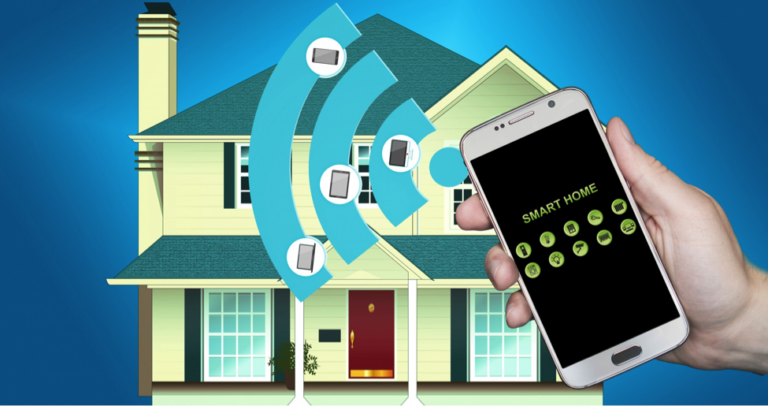There has been a tremendous amount of enthusiasm for “smart” energy technologies that can empower consumers to cut their energy bills, improve their efficiency and use more clean energy through smart thermostats, rooftop solar, battery storage and more. The fuel for all of these tools is data. Data in easily accessible digital form is more important than ever, but a lot of our utility bills are still stuck in paper or PDF formats.
In addition, we have to make sure that more data being available does not violate people’s privacy and cause data to end up in the wrong hands. CUB of Illinois has had success in implementing a framework to provide access to while also protecting customer data in that state.
As part of the MI Power Grid initiative to modernize Michigan’s energy regulations, the Michigan Public Service Commission (MPSC) has convened a Customer Education and Participation workgroup. This group just started a series of public meetings that examine questions around data access. The first of these was on May 25, and it laid out how lack of data access is holding back the growth of energy efficiency and other developments in Michigan.
Here’s an example: A number of cities have joined the 2030 Districts network of cities that are working with the private sector to significantly cut emissions attributable to building stock (MPSC Commissioner Tremaine Phillips previously worked as the director of the Cincinnati 2030 District). In Michigan the cities with 2030 Districts are Ann Arbor, Detroit and Grand Rapids.
In the May 25 meeting, Jan Culbertson, leadership chair of the Ann Arbor 2030 District, and Connie Lilley, director of the Detroit 2030 District, spoke on a panel and both said that manual data entry is a task that eats up much of their organizations’ time. To determine where to focus energy efficiency resources, the Districts need to have data about how much energy is being consumed by their cities’ buildings. A great deal of that data does not already come in a digital form that can be easily manipulated. “We spend hours and hours and hours” entering data into the DOE’s EnergyStar Portfolio Manager tool, Culbertson said. But if that data could be presented so entry could be automated, it would free up a lot of time, both Culbertson and Lilley said.
So that is just one example of the kinds of concerns about data access being discussed in MI Power Grid. Check the workgroup’s page on the MPSC website to see presentations from the May 25 meeting. The next meeting, on June 22 and available to the public to join virtually, is about “Data Privacy, Sharing and Customer Consent.”

